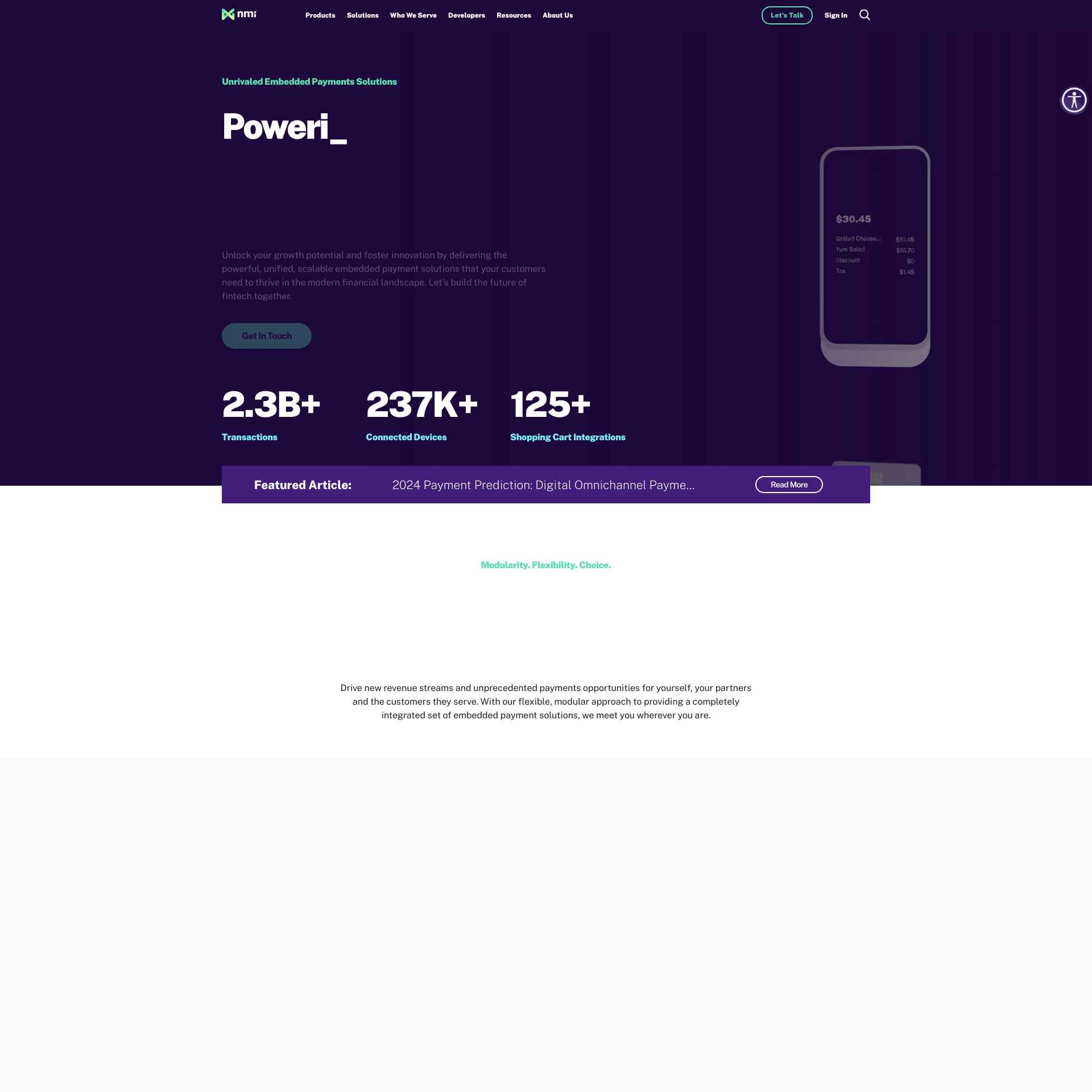5 Strategies for Managing Remote Freelancers with Efficient Time Tracking Solutions
Employing remote freelancers can have a transformative impact on your business. By hiring freelancers, you only pay for the work completed, allowing you to access specialized talent for specific tasks and ensuring optimal value for your investment. The trend of hiring freelancers is on the rise, with approximately 1.57 billion people working as independent contractors globally. Businesses and professionals are recognizing the benefits of this low-commitment arrangement, with potential savings of over 20% in total labor costs.
However, effectively managing freelancers requires a strategic blend of technology and leadership. Utilizing a freelance time-tracking app can help track billable hours, monitor project progress, and motivate freelancers to excel. While time tracking is crucial, it is just one piece of the puzzle.
Here are five key leadership strategies essential for successful collaboration with freelancers:
1. Clear Communication and Expectations:
Establishing clear communication channels and setting explicit expectations is crucial when managing remote freelancers. Use project management tools within your time-tracking software to define tasks, set milestones, and clarify expectations. Streamline communication by connecting your tracker with various communication platforms. Regular check-ins and updates help prevent misunderstandings and keep projects on track.
2. Empowering Through Technology:
Leverage cutting-edge tools and technology to empower your freelancers. Providing access to software like WriteSonic, Canva, Notion, WeTransfer, Cron Calendar, Mailchimp, Hootsuite, and Grammarly can enhance their productivity. Investing in software that offers time tracking, detailed reports, project tracking, and user-friendly interfaces can boost freelancer efficiency.
3. Providing Constructive Feedback:
Feedback is essential for continuous improvement. Use detailed reports and time entries from your time tracking tool to provide constructive feedback. Encourage freelancers to share their opinions on processes as well. Regular feedback sessions can enhance collaboration and project outcomes.
4. Ensuring Fair Compensation and Recognition:
Fair compensation and recognition are key to retaining a motivated freelance workforce. Use your time-tracking software to accurately record billable hours and facilitate timely payments. Recognize and reward freelancers for their efforts, which can result in increased loyalty and higher-quality work.
5. Fostering Trust and Autonomy:
Building trust with remote freelancers is vital. Trust them with time management and avoid micromanaging. Allow freelancers to work on multiple projects and adjust their schedules as needed. Providing autonomy can boost productivity and job satisfaction. Time-tracking apps with stop timers and detailed tracking can help freelancers manage their time effectively without feeling excessively monitored.
In conclusion, managing freelancers remotely requires a thoughtful approach that combines leadership strategies and technology tools. By implementing these strategies, businesses can keep their freelance teams motivated, productive, and aligned with their objectives.






